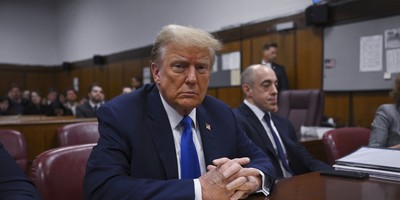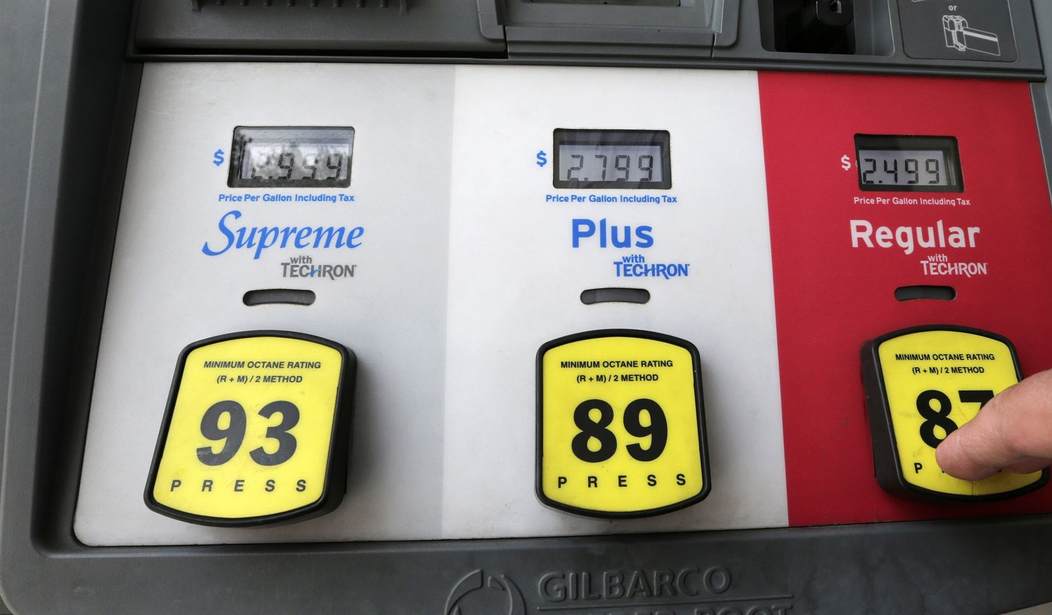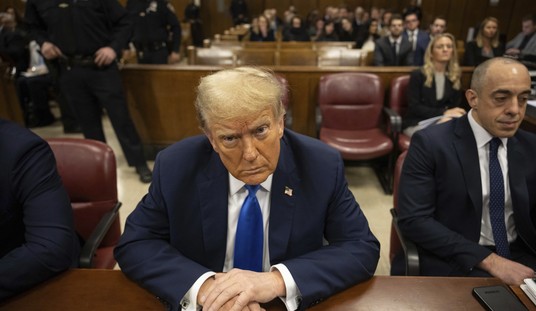During his short time in office, President Donald Trump has taken several steps that have generated robust economic growth, including signing historic tax cuts that have already led to bigger paychecks for American workers. But to ensure that Americans can keep enjoying the benefits of this popular tax cut, the administration needs to fight rising gas prices.
The challenge is a familiar one. For example, in 2011, Americans’ savings from a payroll tax cut were largely negated by rising gas prices. Similarly, an analysis by the non-partisan organization Securing America’s Future Energy found that although former President George W. Bush’s tax cuts increased household income by $1,900 from 2001 to 2008, Americans spent $2,000 more on gasoline in that same timeframe as prices rose.
President Trump needs to make sure history doesn’t repeat itself. One way to do that would be to strengthen and modernize the fuel economy of our vehicles.
Simply put, fuel economy standards help Americans’ pocketbooks. According to Forbes, a 2017 study by David L. Greene at the University of Tennessee found that fuel economy standards have saved American consumers in all income groups an estimated $4 trillion since 1975. Fuel economy standards that encourage innovative ways to further increase our efficiency will continue to help consumers save money.
Securing the gains won by the tax cut isn’t the only reason that President Trump should strengthen and modernize fuel efficiency; it’s also in keeping with his stated desire to realize not just “energy independence,” but “energy dominance.” The administration has said that part of their plan to achieve this goal will be permitting more offshore drilling, which will give Americans access to our own energy resources. This is a laudable goal, but getting more out of the oil we already put in our cars is also a common-sense step towards energy dominance.
Recommended
Over 92 percent of America’s transportation sector relies on oil, making our economy vulnerable to fluctuations in the oil market. Increasing theefficiency of our cars and trucks would be a good step towards shielding our economy from the potential ramifications of a volatile global oil market.
There’s no free market for oil – that’s why we need policy to protect our interests. At the Organization of the Petroleum Exporting Companies (OPEC), state-subsidized oil companies collude with one another to manipulate the global oil supply to their own benefit. Leaving our transportation costs subject to the whims of foreign powers at OPEC creates uncertainty for consumers, weakening the economy. Strengthening these standards will help shield us from the interference of petrostates and lessen our dependence on foreign oil.
The fuel economy of our cars and trucks also has national security implications. These rules were initially adopted to prevent foreign countries from seeking to harm American interests by manipulating the price of oil. Boosting fuel efficiency would further reduce this risk.
The administration should collaborate with car companies and innovators to strengthen fuel economy standards so Americans may enjoy the full benefits of their tax cuts instead of having to spend that money on gas. The White House should not risk economic growth from tax reform being stifled by oil price volatility. Strengthening fuel economy standards would benefit both consumers and America’s national security, and would help achieve the administration’s “America first” agenda on both energy and security.
Ken Blackwell, a former Domestic Policy Advisor to the Trump Presidential Transition Team, is a Senior Advisor to Securing America’s Future Energy.

























Join the conversation as a VIP Member